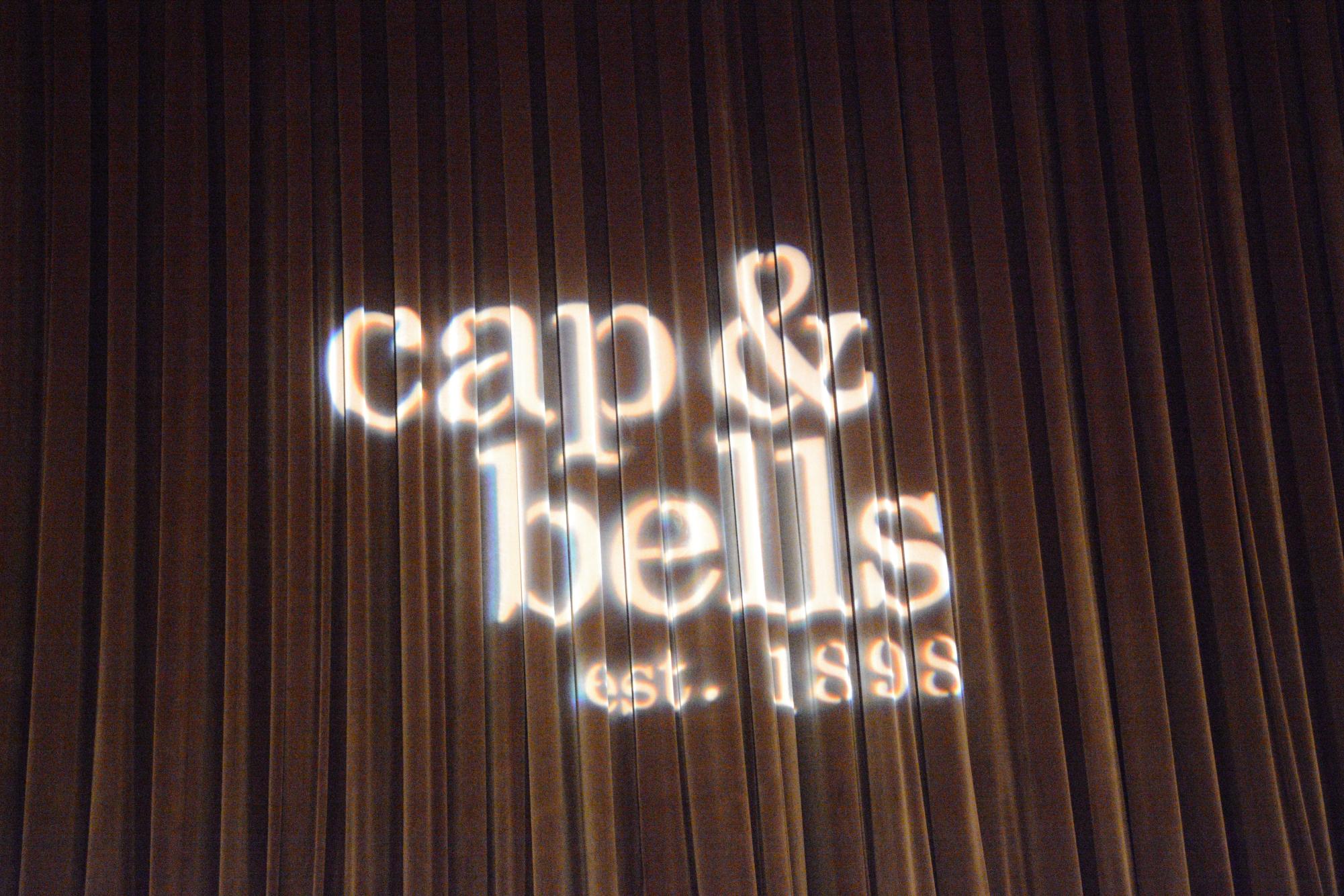
Cap & Bells will stage only one full production this fall — Master and Margarita — instead of the usual three after a series of licensing difficulties. The student-led theatre group will not perform Deathtrap because it was denied the right to the show earlier this month and will delay a production of No Exit to this winter. The group plans to organize a 24-hour playwriting festival and an outdoor Shakespeare festival this fall in response to the setbacks.
“The process of getting rights for Cap & Bells is very tricky, because when you apply for rights from an organization, you have to tell the organization exactly where the show is going,” Grace Newman ’26 told the Record. Newman was set to direct Deathtrap, a 1978 play written by Ira Levin, before Cap & Bells was denied the rights to the show. “We were going to put [Deathtrap] up in Goodrich [Hall],” she said. “To get Goodrich, you have to go through OCL [the Office of Campus Life], and OCL is not giving out spaces for anything until August. That means that, inherently, Cap & Bells could not be applying for rights for Deathtrap until late August.”
Despite the condensed timeline, Newman was initially hopeful. “It’s an old show, and we figured that we would get the rights in a week or two,” she said. “We went ahead with everything … I held auditions [and] cast five wonderful actors.”
On Sept. 11, Cap & Bells heard back. “Like an hour before our first rehearsal was supposed to be, we got an email from the rights organization saying that the rights had been denied because there is an Equity, which is the actors’ union, … production of the show that was going up in Maine,” Newman said.
“Even though Massachusetts doesn’t border Maine, that was allegedly within the same district for rights,” she added. “They don’t want anybody to be competing with that production, even though we are a student group in Massachusetts.”
Newman said that she was devastated by the news. “I had thought that I was going to do this show for months,” she said. “All my plans for the semester had kind of been thrown upside down.” She said she plans to direct a different production in the spring.
Cap & Bells was also unable to apply for the rights to No Exit until late August due to the same wait for performance spaces, said Calypso Maazel ’28, the stage manager for the show. The production faced similar delays. “We were going to have auditions around the Purple Key Fair, … but we still didn’t have the rights,” she said.
Fearing that their request would be rejected, Maazel and director Ana Lucia Gomes ’28 decided to postpone the auditions process. “We delayed a week, which is not really a fair thing to do, because you’re telling your actors, ‘Keep this void in your schedule, and maybe it’ll be filled soon,’” Maazel said.
Following the delay, the pair still had not heard back about the rights and decided to abandon the possibility of staging No Exit in the fall. “I had a meeting with [the Cap & Bells board], and I asked them to move it entirely to the spring semester,” Gomes said.
Gomes said that she is tentatively optimistic that the rights to No Exit will eventually be secured. “I think that there is no reason for the rights to be denied,” she said. “As far as I’m aware, it’s not a show that’s … in high demand, where there would be a lot of big productions doing it.”
“I think overall, this is a good compromise,” Quin Repetto ’28, light and sound designer for the production, told the Record. “I kind of wish a more concrete decision had been made sooner.”
Although the group has faced similar licensing issues in the past, co-Artistic Director of Cap & Bells Jack Allen Greenfield ’27 said rejections are rare. “We almost never have shows rejected, especially non- musicals, because we’re a student theatre company, and … we don’t price our shows,” he said.
He emphasized the adverse impact of rights denials on the organization. “We’re saddened,” he said. “It’s really unfortunate, because I want to make as much art as possible, and we were simply told we couldn’t, or our production company would be shut down.”
Greenfield said that the organization has pivoted following the rejection. “The 24-hour play [festival] and the Shakespeare Festival both came out of this dilemma,” he said. “I think it’s going to be very effective, and we’re going to have fun with it, and that’s the most important thing, because art is about having fun.”
“Art never exists in the ideal circumstances,” Greenfield added. “You always have to be willing to change. We had a limitation. We’re looking for a way to grow. You never lose. You just learn.”














